The Xinjiang Uygur autonomous region will inspect and reconstruct hazardous "winter nests" amid ongoing efforts to protect local herdsmen from natural disasters.
The winter nests inhabited by Xinjiang herdsmen are often built using basic materials such as stones, and serve as temporary residences or transitional living spaces during winter months or seasonal migrations, though they typically provide inadequate protection from seismic activity.
On Jan 23, a 7.1-magnitude earthquake struck Wushi county, Aksu prefecture, Xinjiang, with collapsed homes being primarily self-built production facilities for farmers and herdsmen, including many winter nests.
"Hazardous winter shelters will be demolished and rebuilt," said Song Yajun, a deputy to the 14th Xinjiang People's Congress and head of the regional department of housing and urban-rural development.
The Xinjiang government work report includes the promotion of urban and rural temblor-resistant housing projects as one of the 10 projects to benefit people's livelihoods.
"One important aspect is to conduct comprehensive inspection, rectification and renovation of the settlement houses at frequent grazing spots within pastoral areas across the entire region," Song said, adding that there are tens of thousands of such structures in Xinjiang.
Although the recent earthquake was of a high magnitude, resulting casualties were relatively low thanks to the construction of quake-resistant housing projects ongoing in Xinjiang for over a decade, he said.
"None of the seismic-resistant houses collapsed during the earthquake," he said.
The region will inspect the safety hazards of urban and rural residents' housing and winter grazing sites, with a focus on reinforcing and renovating houses in areas prone to frequent natural disasters, that do not meet seismic fortification standards, the government work report said.
Liu Hongxian, department director of petroleum engineering at China University of Petroleum-Beijing at Karamay — and also a deputy to the Xinjiang People's Congress — suggested enhancing the stability of winter nests while maintaining their original characteristics.
"We can also promote winter nest-themed tourism to increase incomes for herdsmen," Liu said.
Ahmatjan Askar from the Xinjiang Ronghui Urban Ecological Environment Service, who is also a deputy to the Xinjiang People's Congress, suggested ensuring heating, electricity and communications provisions in quake-resistant winter nests so herdsmen living there can feel a stronger sense of security.
The regional draft plan for economic and social development in 2024 said that it will carry out disaster prevention and mitigation work to minimize the impact of disasters on people's lives and enhance the capacity to defend against, and respond to, natural disasters.
Gu Yaoguang, a farmer in Altay prefecture — and a deputy — said he was deeply touched by the rapid and effective rescue after the earthquake, as well as the free provision of food and accommodation for tourists stranded in the Kanas scenic area.
Bupatima Abaidulla, an engineer from the Hotan bureau of meteorology and a deputy, said natural disasters in Xinjiang require enhanced prevention and warning systems.
"We will use WeChat groups, text messages or loudspeakers to notify farmers about weather forecasts and warnings. For example, when there are strong winds, we inform them in advance to take precautions, such as securing the plastic coverings of greenhouses to prevent them from being blown away," she said, adding that each village will have someone help inform others and promote related knowledge.

















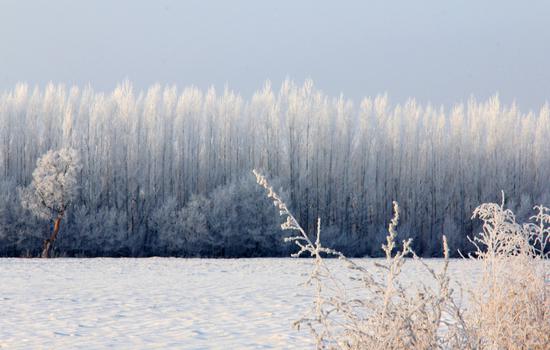
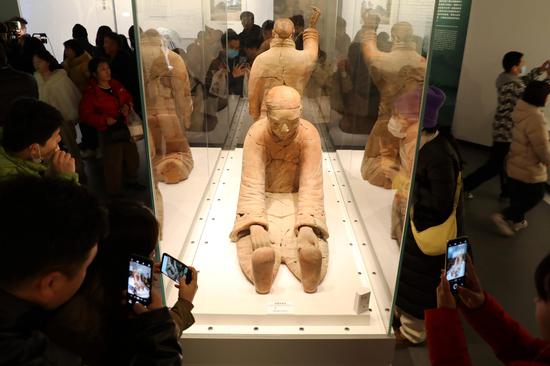




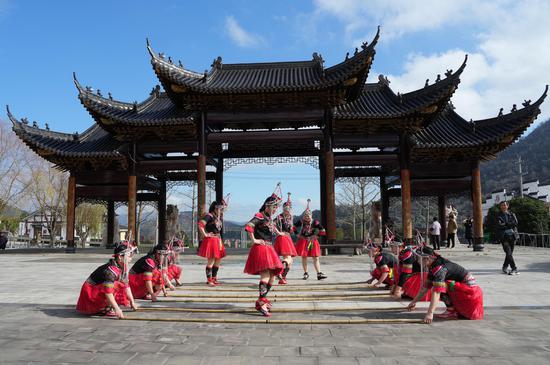
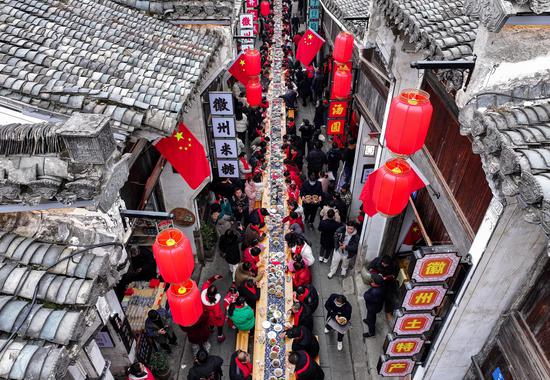
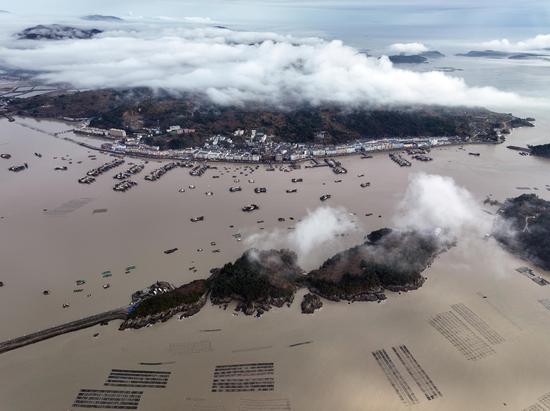





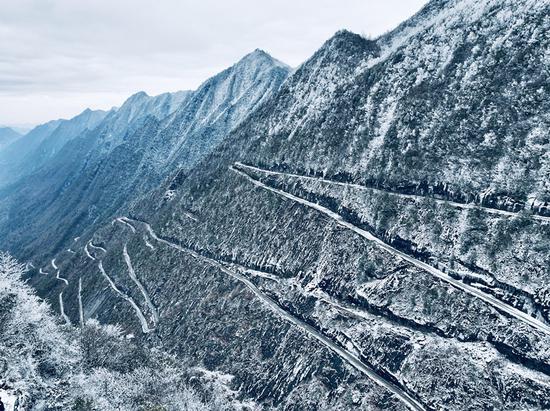


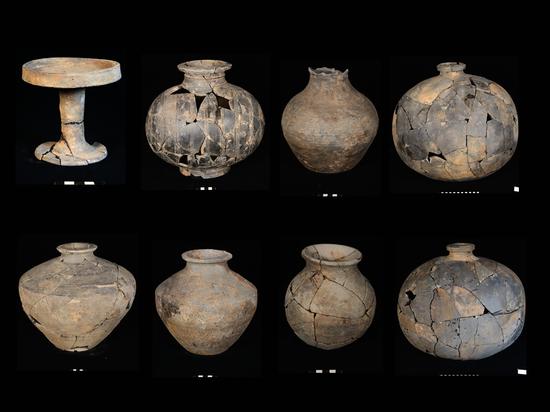






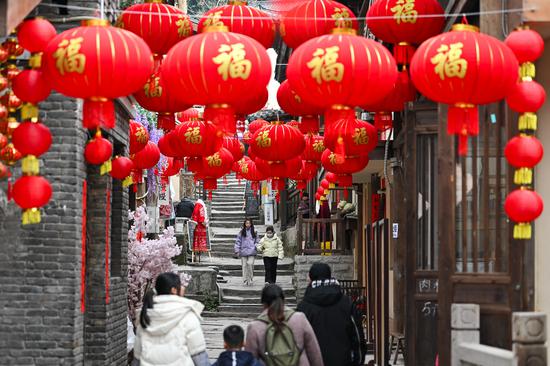








 京公网安备 11010202009201号
京公网安备 11010202009201号